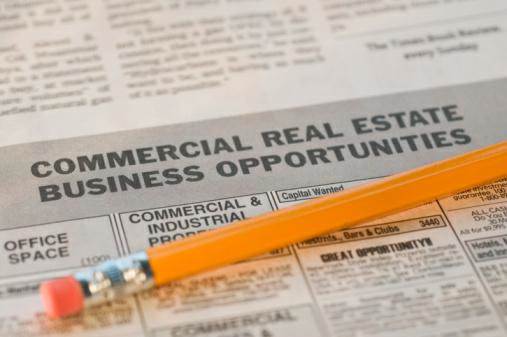
Reading Time: minutes
The best way to protect your wealth when it comes to investments is to diversify your portfolio. So even if market prices suddenly drop or some conditions change for the worse, you can stay afloat during a particularly trying period as an investor. Though all investments come with risks, investing in real estate is considered a much safer venture than the erratic stock market. Investing in commercial office space can be a smart move if you know what to expect and what to watch out for when putting money in this kind of property. Here are the highs and the lows of investing in commercial office space.
The earning potential
Commercial properties have a higher earning potential than residential real estate. You can expect bigger annual returns off the property value or purchase cost compared to residential properties. In some areas, rental income for office space can go anywhere from 7% to 10%. Aside from having a more attractive rental yield, there's also much to gain from capital appreciation or increase in property value, especially now that there's a higher demand for office space due to a thriving economy and good performance of some local industries. Capital appreciation, however, is largely influenced by macroeconomic factors and overall investment climate. With the right strategies in place, investments in commercial office space can yield better returns for a long time.
The risks involved
Commercial office space investments may seem to be the best way to earn maximum returns on capital. However, with higher earning potential also comes higher investment risks. This venture is riskier than investing in residential real estate since this requires more capital or equity. This investment is generally more expensive, so you have to explore and secure the best financing options available. You also have to make arrangements for insurance, consider legal aspects, and take into account all the other expenses such as taxes. You'll have to deal with more complex procedures and must take all measures to protect your interest as a commercial real estate investor. The property may cost more money to maintain and may be more expensive to manage. During a recession or market crash, there's a big possibility that demand for commercial real estate will drop. And since businesses might suffer, this can affect your property investments in a big way.
Some things to consider
• Think about your capital getting tied up to your property investment for a long time. Consider the possibility of not having a tenant for a while or not being able to sell the property fast. You should still be able to shoulder the maintenance cost and other expenses while the property isn't yielding any income or revenue.
• Consider your real capacity as an investor before you buy a commercial property. This investment will cost a lot of money, so you should be fully aware of all the expenses that come with being a landlord or as a commercial real estate property owner. Choose the best financing options according to your capacity, needs, and strategies.
• Do your research. When selecting a property to invest in, you have to consider not just the space and cost. You have to choose a strategic location as well. By reviewing some of the market trends, forecasts, and current conditions, you can make the right choices and investment decisions. For instance, you have to figure out what kind of offices is easier to rent out or what kind of facilities office locators and tenants usually look for. If the thriving industry in the locality is information technology or business process outsourcing, you have to use or design the office space according to the needs of IT and BPO companies.
• Know your best options. Can you manage the property on your own or would it be better to hire a property management firm to handle this? Should you divide the large office space into several units? What would be a practical office design or feature? You have to consider the opportunities and downsides in every choice that you'll make.

